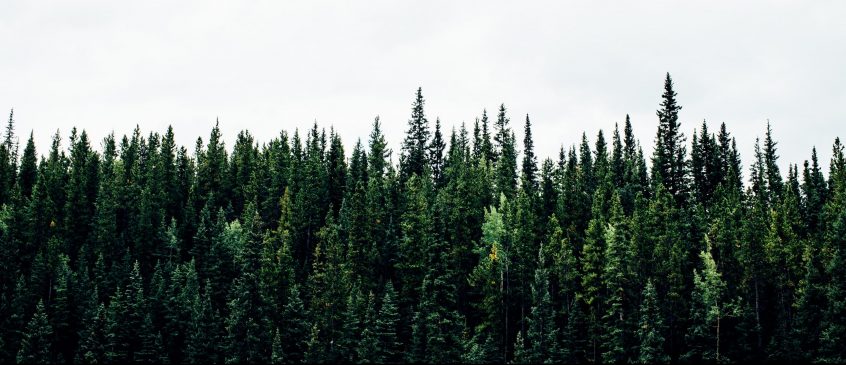Safeguarding our economy, environmental stewardship efforts and quality of life are dependent on family-owned forestlands, according to an opinion piece published in The Hill. Thomas Straka, a professor of forestry and environmental conservation at Clemson University in South Carolina, asserted that while much attention these days is focused on wildfires, policymakers also should be mindful of the critical role privately-owned forests play in maintaining clean water, wildlife habitat, recreational opportunities and timber supplies.
Straka said that family forests face a serious threat of parcelization, where forest holdings are broken into smaller parcels, often a result of land being bequeathed to multiple heirs. The shrinking size of forestland parcels could impact timber production, conservation efforts and the overall integrity of neighboring forested areas, he added. After all, “89 percent of timber removals come from the private forests and they are crucial to our timber supply” and family forests combined make up a significant portion of US forested land.
According to the essay:
“A majority of the nation’s forests (443 million of 766 million acres) are in private ownership. Nearly two-thirds of that private forest is owned by families and individuals, mostly in smallholdings. These became the family forests and the nation’s largest forest ownership group (owning 38 percent of the forest, while the feds own only 31 percent).”
The opinion piece goes on to suggest that lawmakers can help champion family forests with smart policies that can help support forestland owners and encourage privately-owned forests to continue growing trees long-term. Forest-friendly tax rules, policies that encourage family forests to continue producing trees, expert advice on proven-effective forest management approaches, conservation easements and estate planning are all tools that can be incorporated to help ensure family forests remain working forests.
The opinion piece concluded by saying:
Family forests are an essential component of the country’s natural resource foundation. Ecosystem services they produce, like water quality, are taken for granted. Whole industries depend on them for raw materials. People recreate in them and wildlife live in them. The federal forests may be burning and grab the attention, but the results of parcelization are more likely to occur in your own backyard.
